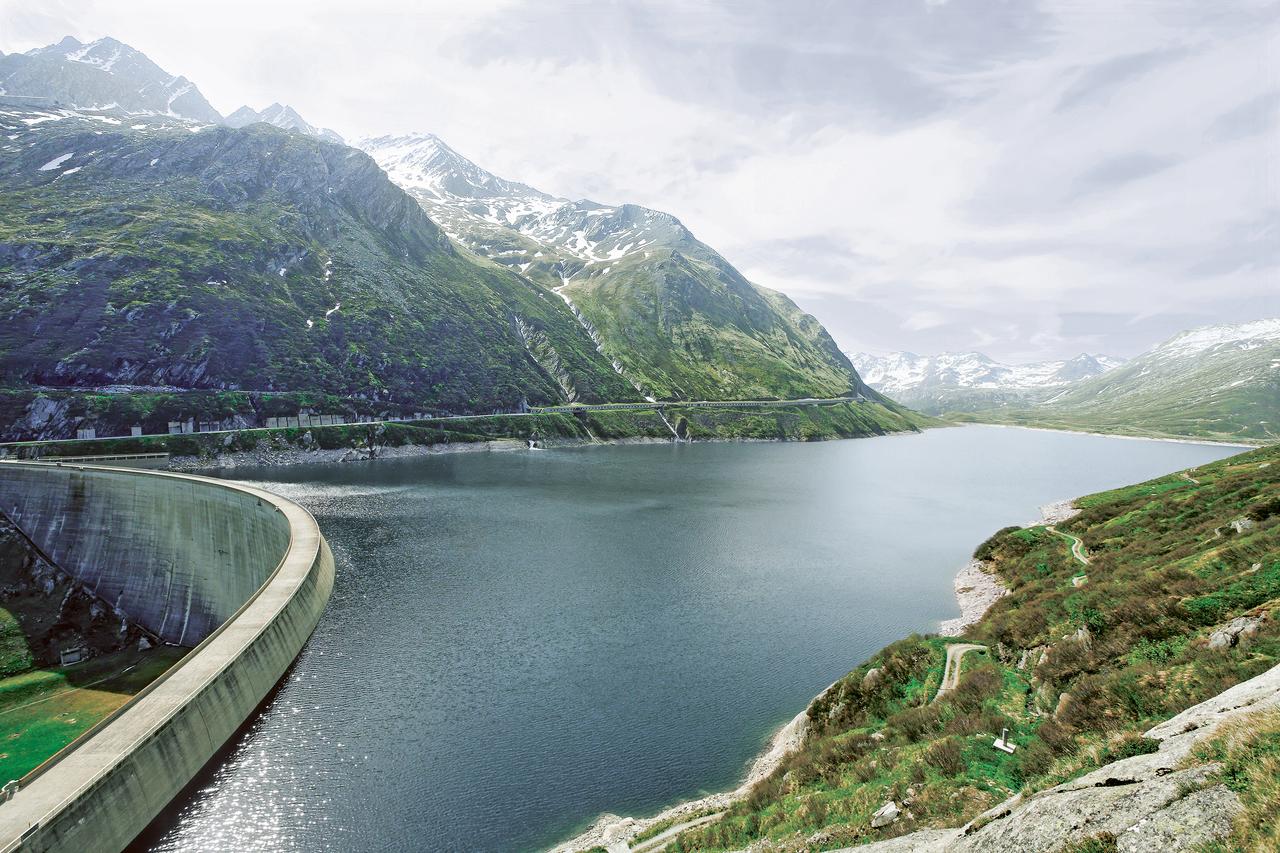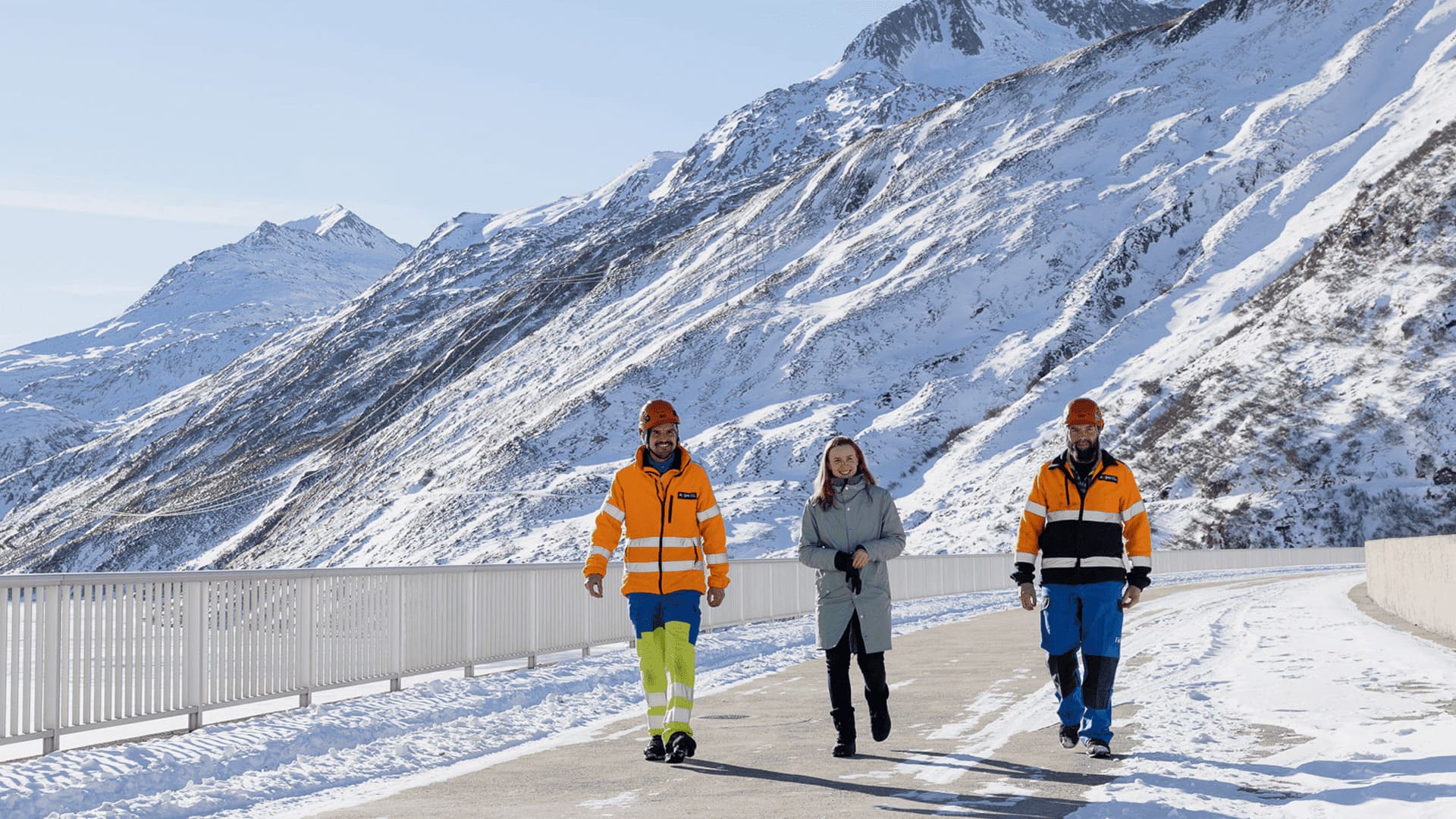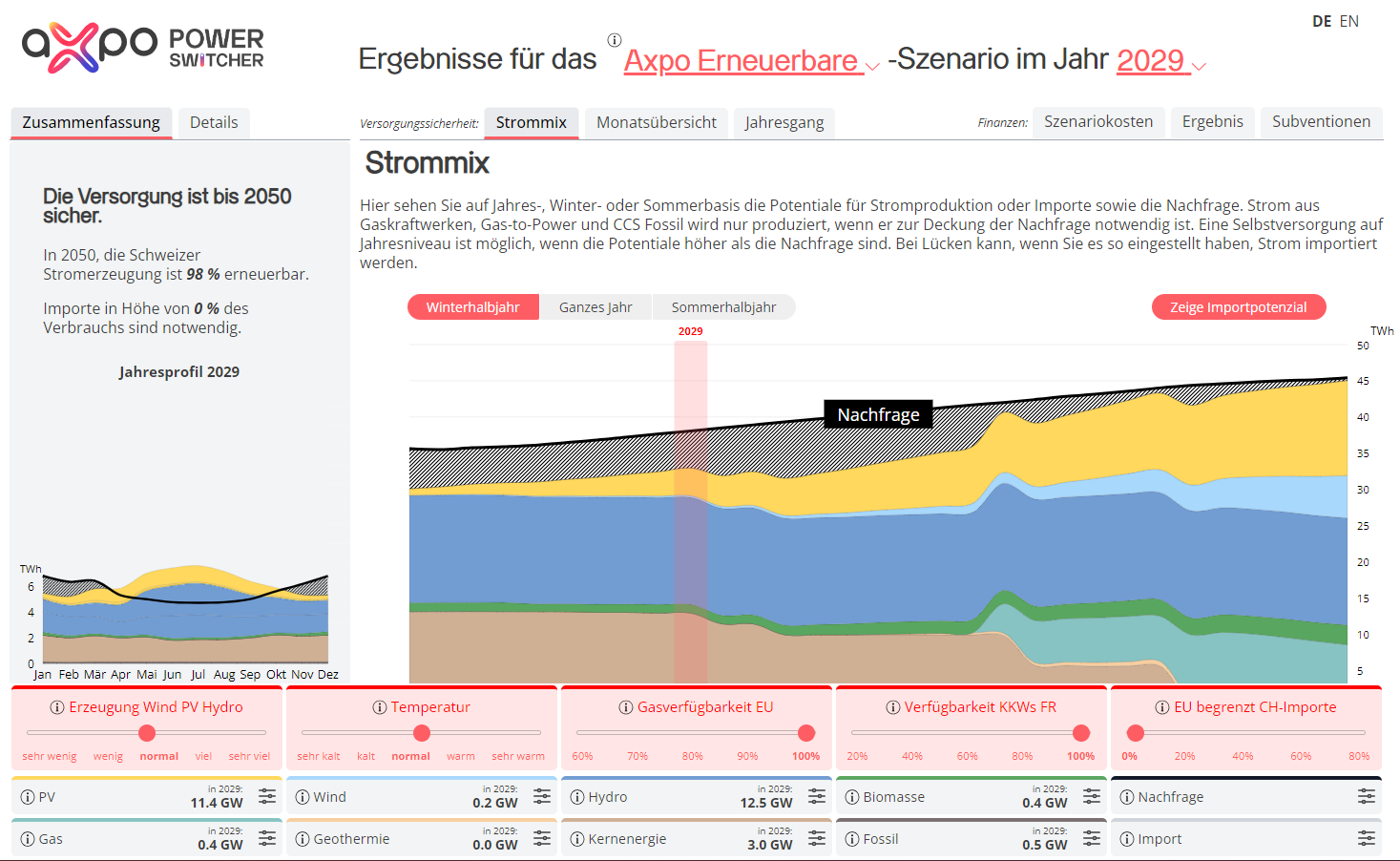11.05.2021 | Axpo CEO Christoph Brand: Reply to Federal Councillor Sommaruga
"Security of supply remains the responsibility of politicians and the administration"
In the last "Sonntagszeitung", Federal Councillor Sommaruga called on large electricity producers such as Axpo to assume their responsibility for Switzerland's security of supply and to invest more in Switzerland.
As a reminder, we have not been responsible for security of supply since the opening of the electricity market more than 10 years ago. One gets the feeling that politicians and the administration have not realised that the producers have already been through the liberalisation of the market. In the monopoly, it was understandable that regulated prices were linked to an obligation, but even then there was no federal mandate for security of supply. Today we are completely exposed to the risk of market prices, and local suppliers buy electricity from anywhere on the market.
In view of the increasing demand for electricity, we would actually like to invest more in Switzerland if we could. Why is that not the case today?
First:, hydroelectric power is already made economically unattractive by CHF 500 million in water charges per year; moreover, any expansion is, among others, categorically opposed by environmental associations, but also de facto by ever more requirements imposed by the administration - not to mention that the few new construction projects are also very unattractive financially.
Second: wind will not really play a major role in Switzerland due to the topography. And here too: every project is bitterly fought, 30 years of discussion without a turbine is a reality.
Third: photovoltaics undoubtedly have the greatest potential in Switzerland. The larger share comes from many small installations on roofs. Here, however, it is not the electricity producers who invest, but the property owners. Why is Switzerland slow on the uptake? The main problem is that there are too few financial incentives for homeowners. The CO2 law will help, but is it enough? Large-scale plants, which Axpo specialises in, are de facto banned in Switzerland, are also opposed locally if discussed, and are not economically viable. Nevertheless, Axpo is investing in the #AlpinSolar lighthouse project. But apart from the fact that it is not possible to build any plants at all, without instruments such as the sliding market premium, which has proven itself internationally, these plants will remain loss-making businesses and will therefore not be built.
Fourth: an energy self-sufficient Switzerland is an unrealistic aspiration, both technically and economically. This is already due to the case that after the phase-out of nuclear power we will be even more dependent on imports in winter. This means that a good integration of Switzerland into the European electricity market is important.
Conclusion
The removal of these obstacles (water charges, requirements, licensing processes, lack of financial incentives, wrong instruments, electricity market agreement) cannot be carried out by the producers. This makes it clear that ensuring national security of supply is and remains the responsibility of politics and administration.
We look forward to investing more in Switzerland in the expansion of large-scale plants and thus in local production as soon as the conditions for this are created by politics.




.jpg)





